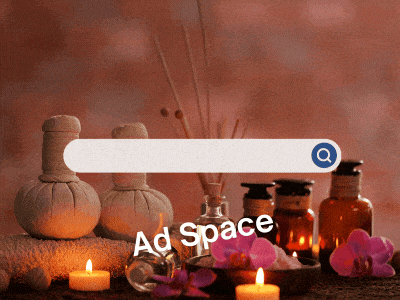Profile
Honolulu, Hawaii, is home to SHADE, a pioneering architectural firm that stands out for its commitment to public interest design. Established in 2015, SHADE Institute has made significant strides in serving underserved communities through innovative planning and design solutions. This nonprofit arm of SHADE Group has positioned itself as a leader in community engagement and sustainable architecture.SHADE Institute’s mission revolves around providing community-based planning and design services to nonprofit organizations and communities in need. By focusing on these areas, the Institute not only enhances the built environment but also fosters social equity. The annual fellowship program is a cornerstone of their approach, offering valuable intern training and professional mentorship opportunities.What Makes SHADE Institute Unique in Honolulu?SHADE Institute’s unique position in Honolulu stems from its dedication to public interest design. Unlike traditional architectural firms that may prioritize profit, SHADE focuses on the needs of the community. This approach ensures that design solutions are not only aesthetically pleasing but also functional and beneficial for the residents they serve. The emphasis on community involvement in the design process sets SHADE apart in the architectural landscape.The Institute actively collaborates with local nonprofit organizations, which enhances its understanding of the specific needs and challenges faced by different communities. This collaboration allows SHADE to create tailored solutions that address real issues, making a tangible impact in the neighborhoods it serves. The dedication to community engagement is evident in every project they undertake.How Does SHADE Institute Support Local Communities?SHADE Institute plays a crucial role in supporting local communities through its various initiatives. The fellowship program not only trains aspiring architects but also equips them with the skills necessary to work effectively in community settings. Interns gain hands-on experience in designing projects that reflect the needs and aspirations of the community members.Moreover, SHADE’s commitment to underserved communities is reflected in its outreach efforts. By engaging with residents and stakeholders, the Institute ensures that their voices are heard in the design process. This participatory approach fosters a sense of ownership among community members, leading to more successful and sustainable outcomes.What Are the Key Projects by SHADE Institute?Over the years, SHADE Institute has undertaken several key projects that highlight its mission and capabilities. Each project is a testament to the Institute’s ability to blend architectural expertise with community needs. From designing community centers to creating public spaces, SHADE’s projects are characterized by their focus on accessibility and inclusivity.These projects not only improve the physical environment but also strengthen community ties. By providing spaces that encourage interaction and collaboration, SHADE contributes to building vibrant, resilient neighborhoods in Honolulu. The impact of these projects extends beyond architecture; they foster community pride and enhance the quality of life for residents.How Can One Learn More About SHADE Institute?For those interested in learning more about SHADE Institute and its initiatives, reaching out directly is encouraged. The organization is open to inquiries regarding its projects, fellowship program, and community engagement efforts. Engaging with SHADE can provide valuable insights into how architecture can serve as a tool for social change.Whether it is through collaboration or support, SHADE Institute is committed to making a difference in the communities it serves. The focus on public interest design and community involvement makes it a vital resource in Honolulu, Hawaii. Contacting SHADE Institute can lead to valuable opportunities for collaboration and learning.
Map
Sorry, no records were found. Please adjust your search criteria and try again.
Sorry, unable to load the Maps API.




